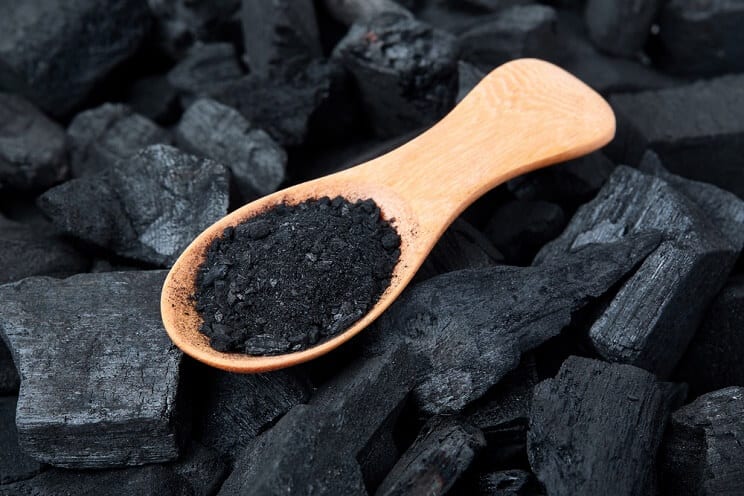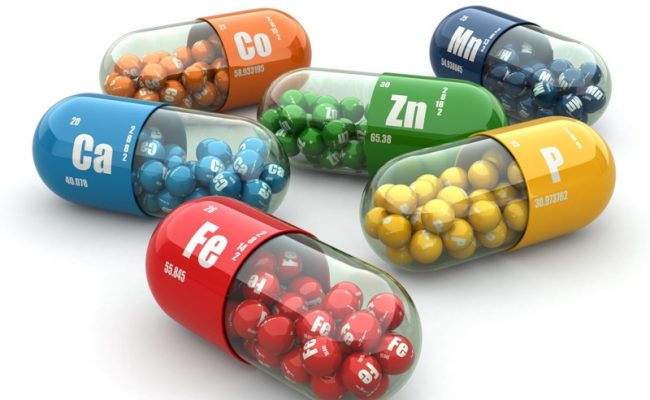
Charcoal can be “activated” when the charcoal is heated to very high temperatures and exposed to certain gases. This process causes small pores to be in the charcoal that can help trap compounds once ingested. Activated charcoal can be used when someone ingests poison or drugs. The activated charcoal can act to absorb the poison so it doesn’t get into the bloodstream.
Can activated charcoal have other health benefits?
If you do an internet search for activated charcoal and health benefits, you can find many proposed health benefits from activated charcoal including: prevent hangovers, whiten teeth or help “detoxify” your body.
However, these proposed health benefits do not have sufficient research to back up health claims.
Using activated charcoal can have some negative side effects, and using activated charcoal may be contraindicated in some medical conditions.
If you are thinking of taking activated charcoal, speak with your healthcare team first.
Binding drugs and toxins
Activated charcoal stays in the digestive tract; it does not get absorbed into the bloodstream (1).
Therefore, in order for activated charcoal to work to absorb poison or drugs that are in the body, the poison has to still be in the digestive tract.
If poison or toxic substances are accidentally ingested, medical professionals will use activated charcoal as soon as possible to counteract the poison. They may also use this in conjunction with pumping the stomach to get rid of poison.
According to a 2015 review (2), there is a large body of evidence to support the use of single dose activated charcoal to significantly lower drug/poison absorption into the body from the digestive tract.
Possible link to kidney health
An area of interest with activated charcoal is with its effect on kidney health. Researchers are trying to understand if activated charcoal can help remove urinary toxins in a similar manner it can relieve toxins from the digestive tract.
A 2014 study (3) investigated the effect activated charcoal had on kidney function in rats with chronic renal failure.
Researchers gave activated charcoal to the rats for four weeks in four varying amounts of activated charcoal: 10%, 15% or 20% of feed concentration. At the end of four weeks, the group receiving 20% showed significant improvement in markers for kidney health. The other groups did not show any significant difference in kidney health.
This study suggests activated charcoal may have a beneficial effect on kidney function associated with chronic renal failure.
The next step for research is to see if this effect is seen in humans not just rats.
Activated charcoal and blood cholesterol
Activated charcoal can be marketed to help lower blood cholesterol. However, WebMD (4) suggests there is insufficient evidence to suggest activated charcoal can lower blood cholesterol levels.
Research studies have not shown activated charcoal to be effective for lowering blood cholesterol levels.
Preventing hangover
Activated charcoal works to “trap” drugs or poison in the digestive tract so they don’t get absorbed into the body.
So, could taking activated charcoal help after drinking alcohol? So far, research suggests probably not.
If you drank alcohol the night before and are feeling the effects of a hangover the next morning, taking activated charcoal will not help alleviate hangover symptoms.
Activated charcoal stays in the digestive tract. The morning after drinking alcohol, the alcohol is outside your digestive tract.
Even if you take activated charcoal soon after drinking alcohol, it probably won’t have an effect on alcohol absorption. WebMD suggests activated charcoal does not trap alcohol well in the digestive tract.
In fact, if someone has taken alcohol and drugs and medical professionals administer activated charcoal to counter the absorption of drugs, the alcohol could lower the charcoal’s effectiveness for binding the drug.
Side effects from activated charcoal
If you want to take activated charcoal for some reason, it is usually considered safe for healthy adults to consume short term. However, before taking it, you should speak with your doctor.
There could be some harmful side effects from activated charcoal.
Activated charcoal could cause black stools and increase risk for constipation. Therefore, if you already have or are inclined to constipation, taking activated charcoal could exacerbate this effect on your digestive tract.
Rare and more serious side effects from taking activated charcoal include: blockage of the intestine, dehydration or cause problems with the lungs.
If you are pregnant or breast feeding, speak with your doctor before taking activated charcoal.
Effect on medication
If you are on any oral medication, taking activated charcoal could interfere with your medication.
Since activated charcoal can bind drugs in the digestive tract, taking it along with oral medications can lower the effect of medication.
If you are on medication and want to take activated charcoal, you could take the activated charcoal 1-2 hours before your medication. However, you should consult your doctor first.
Alter absorption of nutrients
According to Dr.Roussell in a 2014 Shape article (5), activated charcoal could bind to nutrients from food and lower their absorption.
If activated charcoal is added to food for an additional health benefit, be aware it could actually lower the nutritional content of the food.
Conclusion
Activated charcoal has been shown to be effective for lowering the absorption of toxic poisons and drugs when these compounds are still in the digestive tract.
Other health effects associated with activated charcoal are not supported by research.
A 2014 rat study did show evidence of activated charcoal having a positive effect on kidney function in rats with chronic renal failure.
More research is needed to determine if activated charcoal would have the same effect on kidney health in humans.
Taking activated charcoal could lower absorption of nutrients from food and lower the absorption of oral medications.
In some people it could also increase risk for constipation and in rare instances intestinal blockage. If you are interested in taking activated charcoal, consult your healthcare team first.










